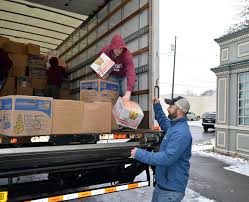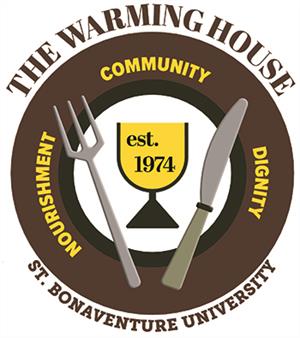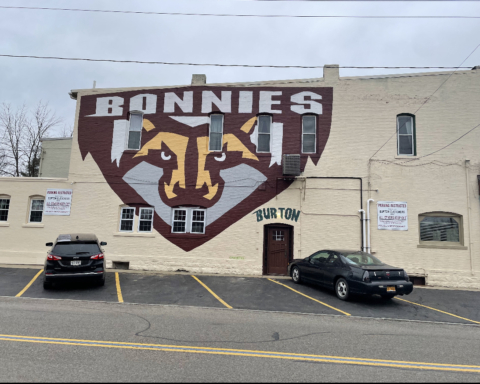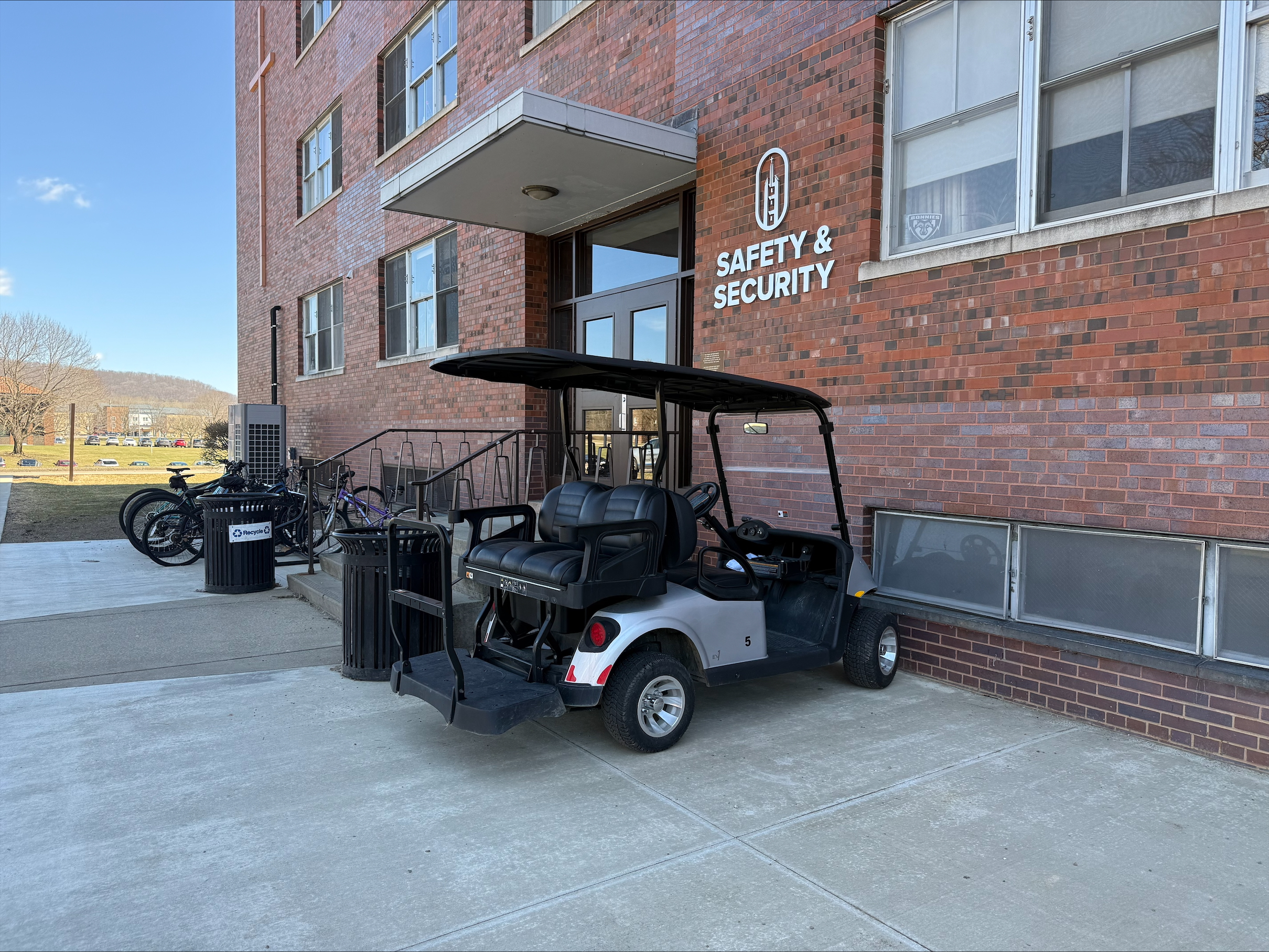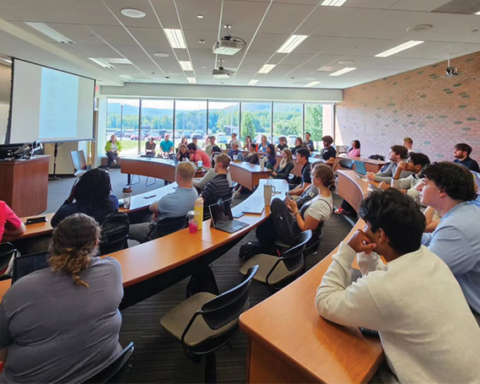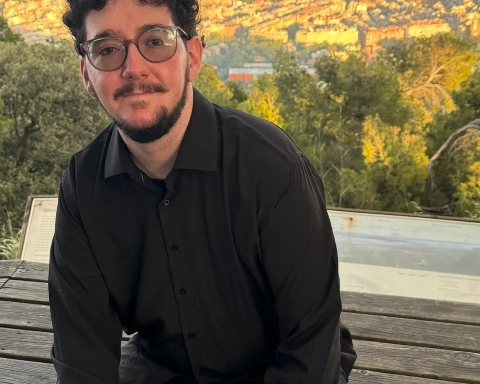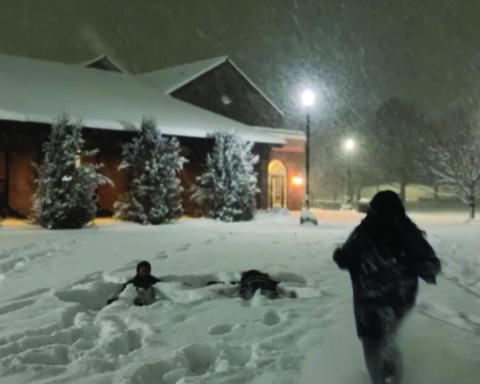By Vanessa Hulse
Staff Writer
In a continuation of a series of interviews involving the Warming House staff, Jordan Garrett, a senior management major, discussed some of his experiences working as both a coordinator and as a part of the Farm to Table community. Some of his responses were similar to those of other coordinators interviewed. He began by talking about how poverty is a lot closer than he thought it was.
More generally, he talked about how anyone could be in a situation such as this.
“It could be me,” he said.
Due to volunteering at the Warming House, Garrett said he has both a more positive and sometimes a more negative outlook on life. He is positively affected when he thinks about all of the people that willingly donate their time “to do something for someone else,” he said. However, Garrett also mentioned that “there are so many other people who could use help and so many other people who could offer help,” yet there is a disconnect for some reason.
He said that “there are so many other problems that could be solved if a few other people could just donate some time.”
Garret then talked about a specific person that had a particular influence on his life. He mentioned a man whom he met in some of his first experiences at the Warming House. This person “always had a very upbeat attitude, regardless of what was going on.” Garrett would sometimes hear “the most horrible stuff that you could possibly imagine that could happen in 24 hours and he was still smiling, happy and positive.”
What Garret learned the most was “the perspective of problems.” In other words, he learned that a positive outlook on even the most gruesome of events could make them a little bit better. More importantly, it made him realize that “there are problems that aren’t problems.”
In talking generally about the guests at the Warming House and how they get their food, Garrett mentioned many supplement their meals at the Warming House with the local food pantry. However, there is a much more important aspect of the Warming House for the guests, and that is the “conversation and companionship” they experience there. For some, their day is mostly made up of “anticipating going to the Warming House so they can see people” and for others “that 2.5-hour block makes up a lot of their day,” he said.
Another important aspect that comes with the Warming House is the trust that can be developed between the guests and the coordinators. For Garrett, there is one person in particular that he knows he can consistently trust if he needs some help. She might have even been one of the first people that he met upon going to the Warming House for the first time. It was also important to Garrett that she was one of the first people to actually talk to him and engage in a conversation. He said, “She was willing and ready to talk to me.”
Garrett mentions that it took him some time to learn to ask for her help when he needed it, but she seemed to know better than he did when he truly needed help and would just jump right in. For Garrett this was a comfort because she genuinely wanted to help in any way she could. Since then, Garrett talked about how there are times when he “takes care of the meal and she takes care of the Warming House.” Now, Garrett looks forward to seeing her when he goes there.
For Garrett, the Warming House has become a part of his routine and something that really helps him as a person. He talked about the effect that the Warming House has had on him and how he gets to meet more people, both volunteers and guests.
Also, he said every experience there is a new one because of the “new conversations” and the different people who show up depending on the day.
He said, “You don’t really notice it all the time, but you do really change the longer you go. The more you are enveloped in the environment the more you just become a part of it. You don’t think like ‘I go to school and I work at the Warming House,’ it’s kind of like ‘I live in Olean, I work downtown and I go to school down the street from Wal-Mart.”
This is part four of a series.
Hulseva13@bonaventure.edu

